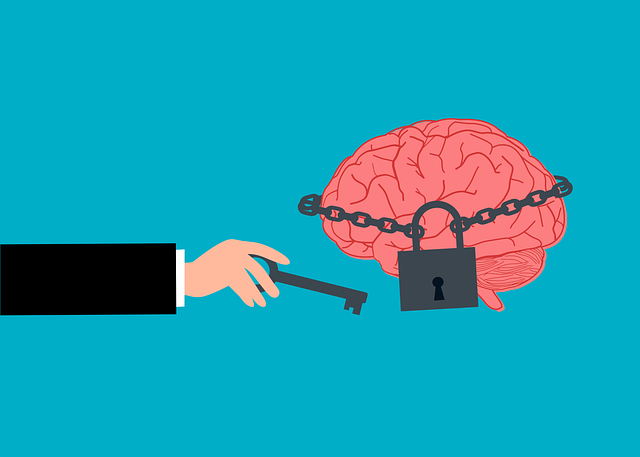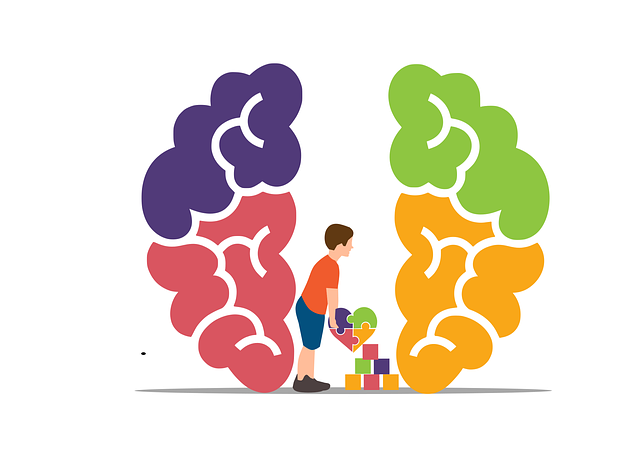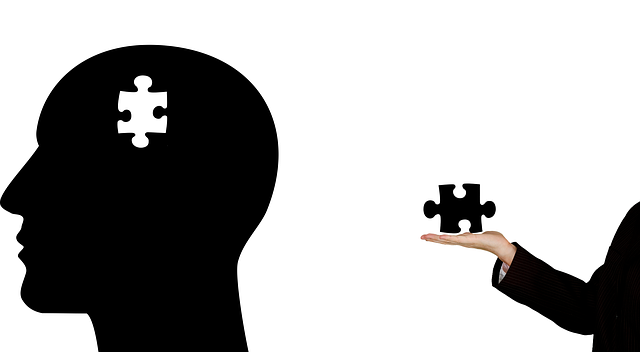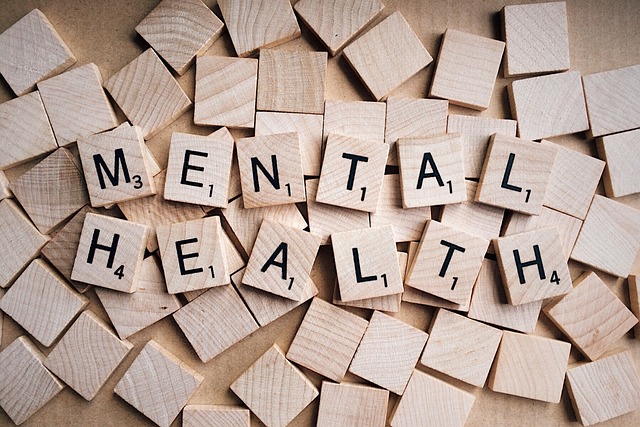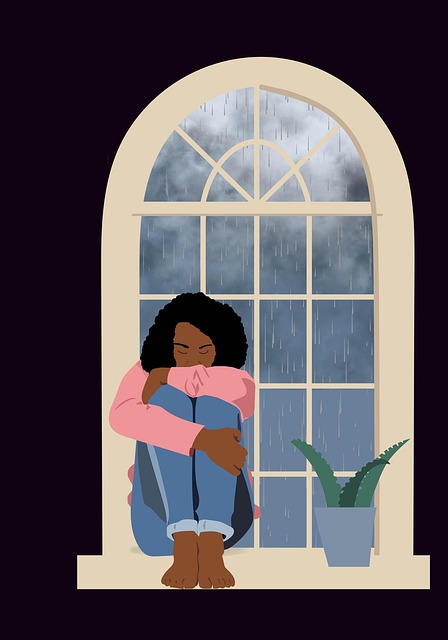The stigma around mental illness among young adults who have survived abuse is a major barrier to recovery, hindering access to essential therapy and support services. Through compassionate therapeutic approaches like conflict resolution and cultivation of compassion, coupled with positive thinking and supportive environments, survivors can overcome this stigma and rebuild their lives free from fear of judgment. Therapy for Young Adults Abuse Survivors offers specialized treatment tailored to their needs, helping them process trauma, develop coping mechanisms, and challenge societal mental health misconceptions. Community engagement strategies, including educational workshops and peer support groups, further reduce stigma by fostering understanding and promoting inclusive progress.
Mental illness stigma remains a significant barrier, especially among young adult abuse survivors. This article delves into the multifaceted approach needed to reduce this harmful perception. We explore the unique challenges faced by this demographic and highlight the transformative power of therapy in breaking down barriers. Furthermore, we discuss effective community engagement strategies that can foster understanding and acceptance. By focusing on therapy for young adults abuse survivors, we aim to empower individuals and create a more inclusive society.
- Understanding the Stigma Surrounding Mental Illness in Young Adult Abuse Survivors
- The Role of Therapy in Breaking Down Barriers and Promoting Healing
- Community Engagement Strategies for Sustained Stigma Reduction
Understanding the Stigma Surrounding Mental Illness in Young Adult Abuse Survivors

The stigma surrounding mental illness among young adult abuse survivors is a complex issue, often rooted in societal misconceptions and a lack of understanding. Many survivors struggle silently due to the fear of judgment and discrimination, which can significantly hinder their path to recovery. This stigma creates a barrier, making it challenging for them to seek essential therapy for young adults abuse survivors and access the support they desperately need.
Surviving childhood abuse is a traumatic experience that can lead to various mental health challenges later in life. However, with the right therapeutic approaches, such as incorporating compassion cultivation practices and conflict resolution techniques, recovery is achievable. Encouraging positive thinking and fostering supportive environments are crucial steps in reducing the stigma, allowing these individuals to embrace healing and rebuild their lives without the constant fear of being labeled or misunderstood.
The Role of Therapy in Breaking Down Barriers and Promoting Healing

Therapy plays a pivotal role in breaking down barriers associated with mental illness stigma, especially for young adults who have experienced abuse. Through specialized treatment approaches tailored to their unique needs, survivors can find safe spaces to process trauma and develop coping mechanisms. The therapeutic environment encourages exploration, fostering self-awareness and the ability to challenge societal perceptions about mental health struggles.
For many young adult abuse survivors, therapy goes beyond addressing past traumas; it equips them with essential social skills training and conflict resolution techniques. These tools are instrumental in navigating interpersonal relationships, managing triggers, and advocating for their emotional well-being. Additionally, community outreach program implementation can further enhance healing by fostering a supportive network, reducing isolation, and promoting understanding between diverse communities, ultimately contributing to a more inclusive society where mental illness is met with empathy and support rather than stigma.
Community Engagement Strategies for Sustained Stigma Reduction

Community engagement strategies play a pivotal role in sustained stigma reduction efforts surrounding mental illness. By fostering open dialogues and creating safe spaces, communities can challenge stereotypes and promote understanding. Educational workshops, peer support groups, and cultural events centered around mental health awareness can significantly contribute to this cause. Encouraging participation from diverse segments of society, including young adults who have survived abuse, is essential for achieving inclusive progress. These strategies not only enhance emotional well-being promotion techniques but also empower individuals to share their experiences, fostering a sense of belonging and reducing the isolation often associated with mental health struggles.
Furthermore, integrating self-care routine development into community engagement initiatives can offer practical tools for managing mental health. Teaching coping mechanisms, mindfulness practices, and stress management techniques equips individuals with valuable skills to navigate life’s challenges. Tailoring these efforts to meet the unique needs of abuse survivors can facilitate their healing journey and contribute to a more supportive and inclusive community environment. By combining community engagement with tailored interventions like therapy for young adults abuse survivors, significant strides can be made in reducing mental illness stigma and promoting overall mental health.
Mental illness stigma reduction is a multifaceted approach, particularly vital for young adult abuse survivors. By understanding the unique challenges they face and employing strategies like community engagement and accessible therapy for young adults abuse survivors, we can foster an environment of support and empathy. Sustained efforts in these areas are key to breaking down barriers and promoting healing within this vulnerable population. Through collaborative initiatives, we can work towards a more inclusive society where mental health is openly discussed and treated with the same compassion as physical health.

